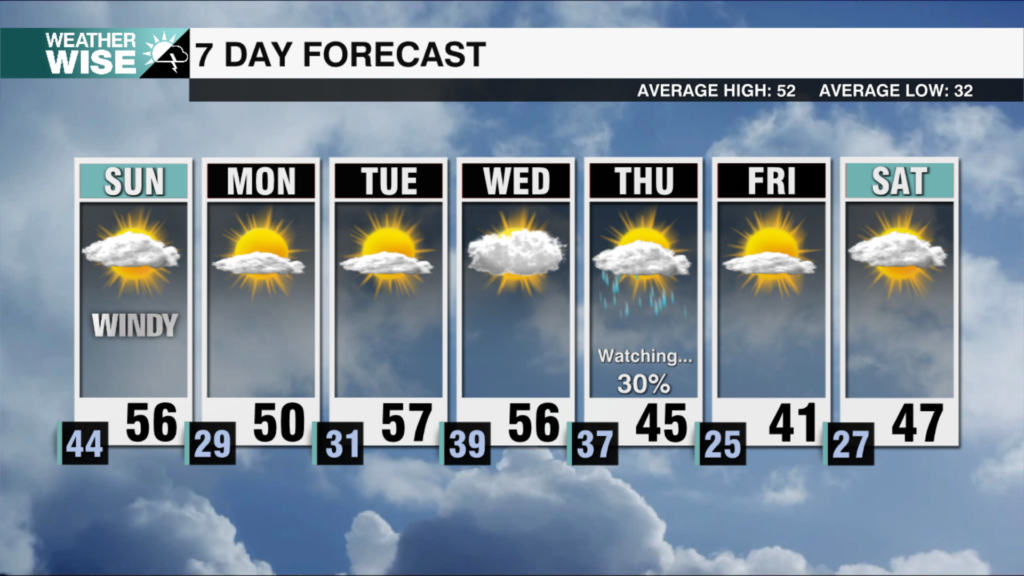
Rescue team work at the site where a missile launched from Iran struck Tel Aviv, Israel, Monday, June 16, 2025. (AP Photo/Baz Ratner)
TEL AVIV, Israel – Iran fired a new wave of missile attacks on Israel early Monday, killing at least eight people, while Israel warned residents of part of Tehran to evacuate ahead of new strikes.
The warning came on the fourth day of the conflict, when the Israeli military claimed it had achieved air superiority over the Iranian capital and could fly over the city without facing major threats. The military has issued similar evacuation warnings for civilians in parts of Gaza and Lebanon ahead of strikes.
“At this time, we can say that we have achieved full aerial superiority over Tehran’s skies,” said military spokesperson Brig. Gen. Effie Defrin. The military said it had destroyed more than 120 surface-to-surface missile launchers in central Iran, a third of Iran’s total.
It also said fighter jets had struck 10 command centers in Tehran belonging to Iran’s Quds Force, an elite arm of its Revolutionary Guard that conducts military and intelligence operations outside Iran.
Israeli strikes “amount to a deep and comprehensive blow to the Iranian threat,” Defrin said.
Iran, meanwhile, announced it had launched some 100 missiles and vowed further retaliation for sweeping attacks on its military and nuclear infrastructure that have killed at least 224 people in the country since Friday.
One missile fell near the American consulate in Tel Aviv, with its blast waves causing minor damage, U.S. Ambassador Mike Huckabee said on X. He added that no American personnel were injured.
Israel said so far 24 people have been killed and more than 500 injured as Iran launched more than 370 missiles and hundreds of drones.
The latest conflict began when Israel launched an assault on Iran’s top military leaders, uranium enrichment sites and nuclear scientists that it said was necessary to prevent its longtime adversary from getting any closer to building an atomic weapon.
Iran maintains that its nuclear program is peaceful, and the U.S. and others have assessed that Tehran has not pursued a nuclear weapon since 2003. But the head of the International Atomic Energy Agency has repeatedly warned that the country has enough enriched uranium to make several nuclear bombs if it chooses to do so.
Iran has retaliated by firing waves of ballistic missiles at Israel. The back-and-forth has raised concerns about all-out war between the countries and propelled the region, already on edge, into even greater upheaval.




